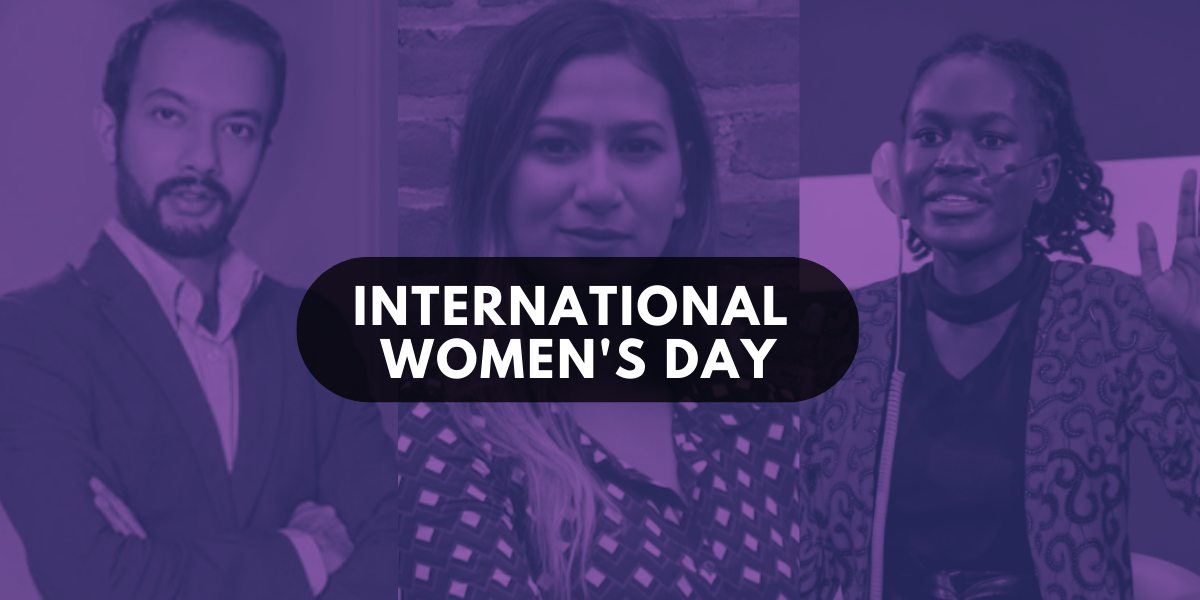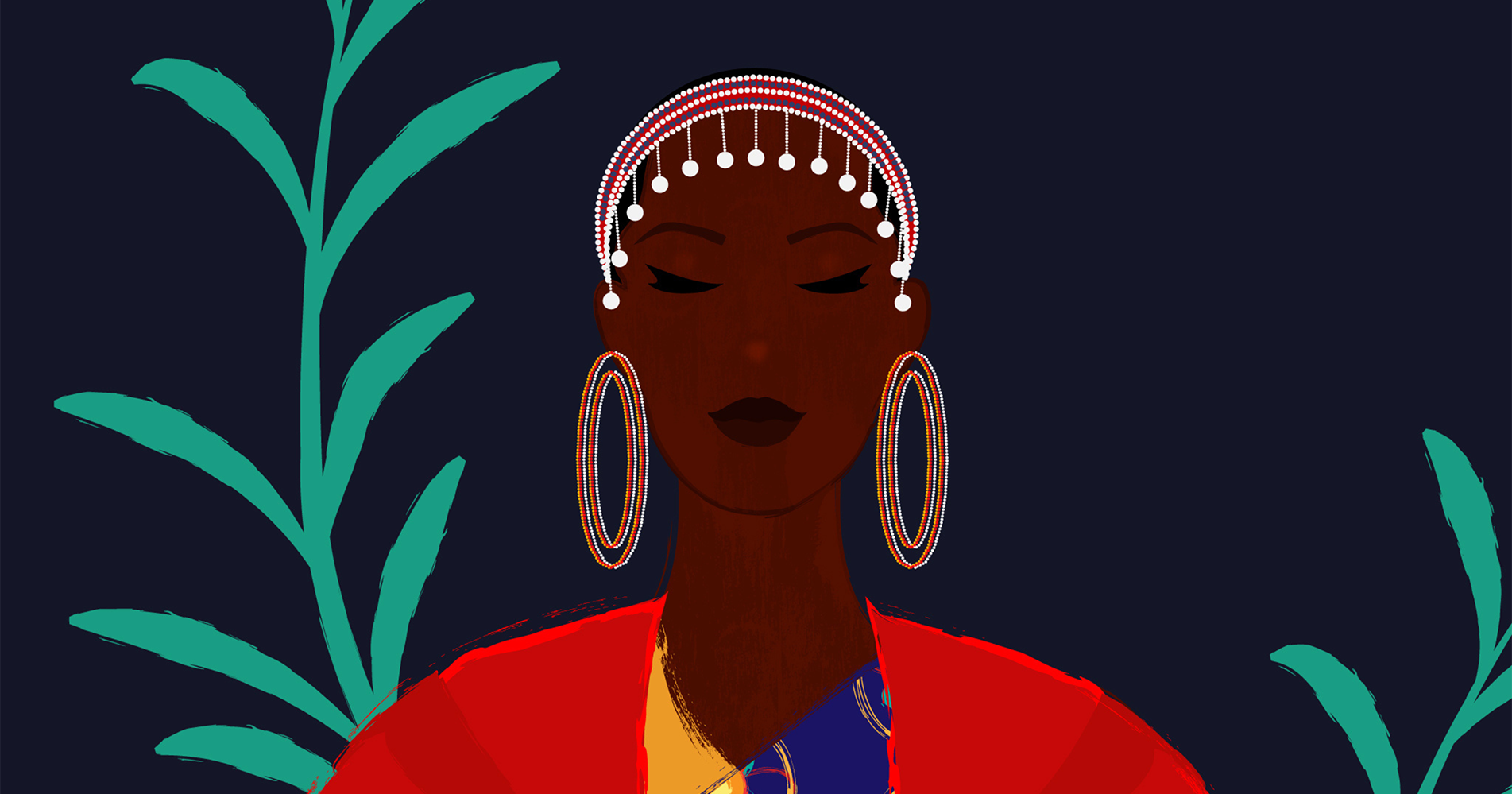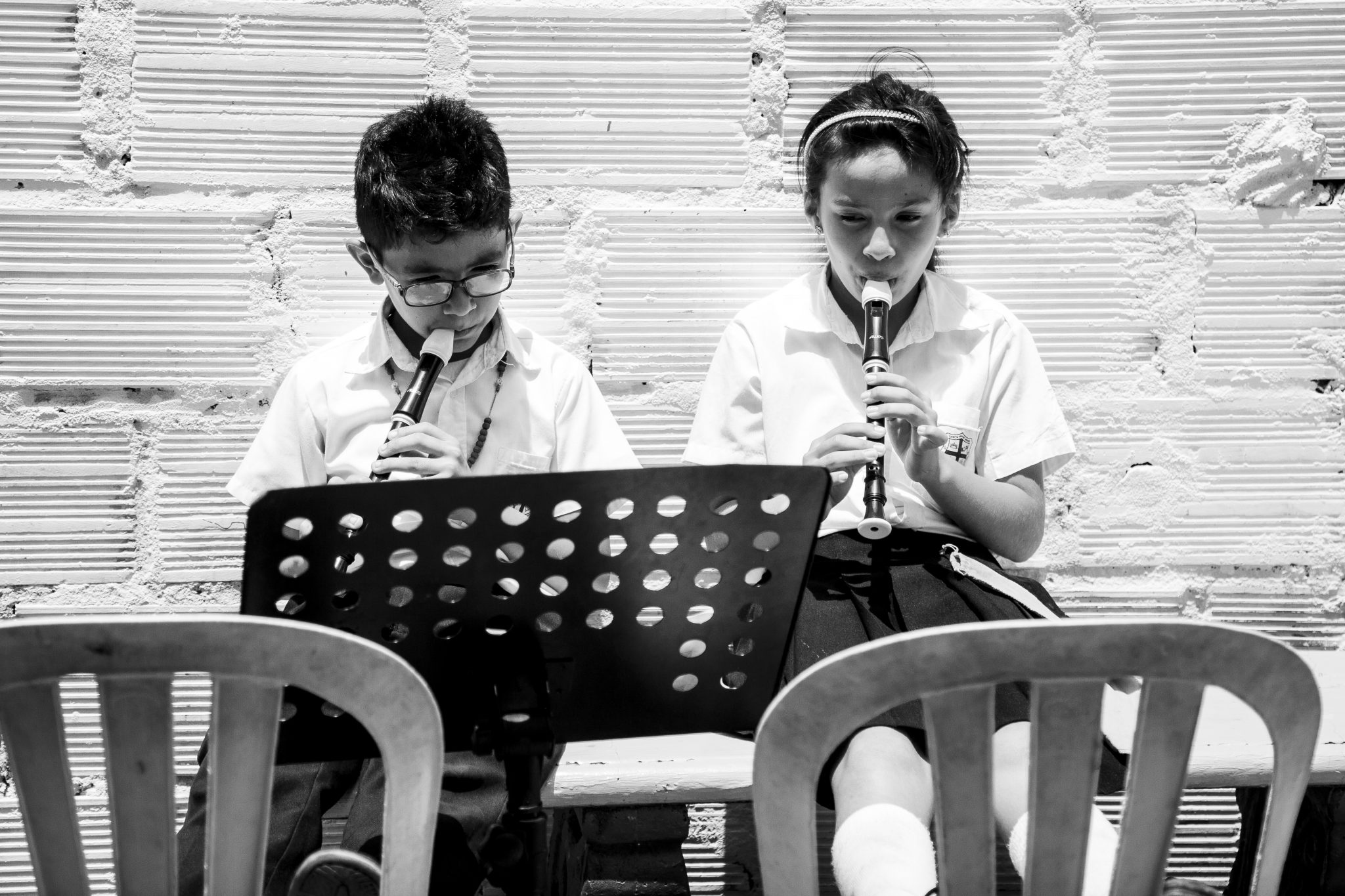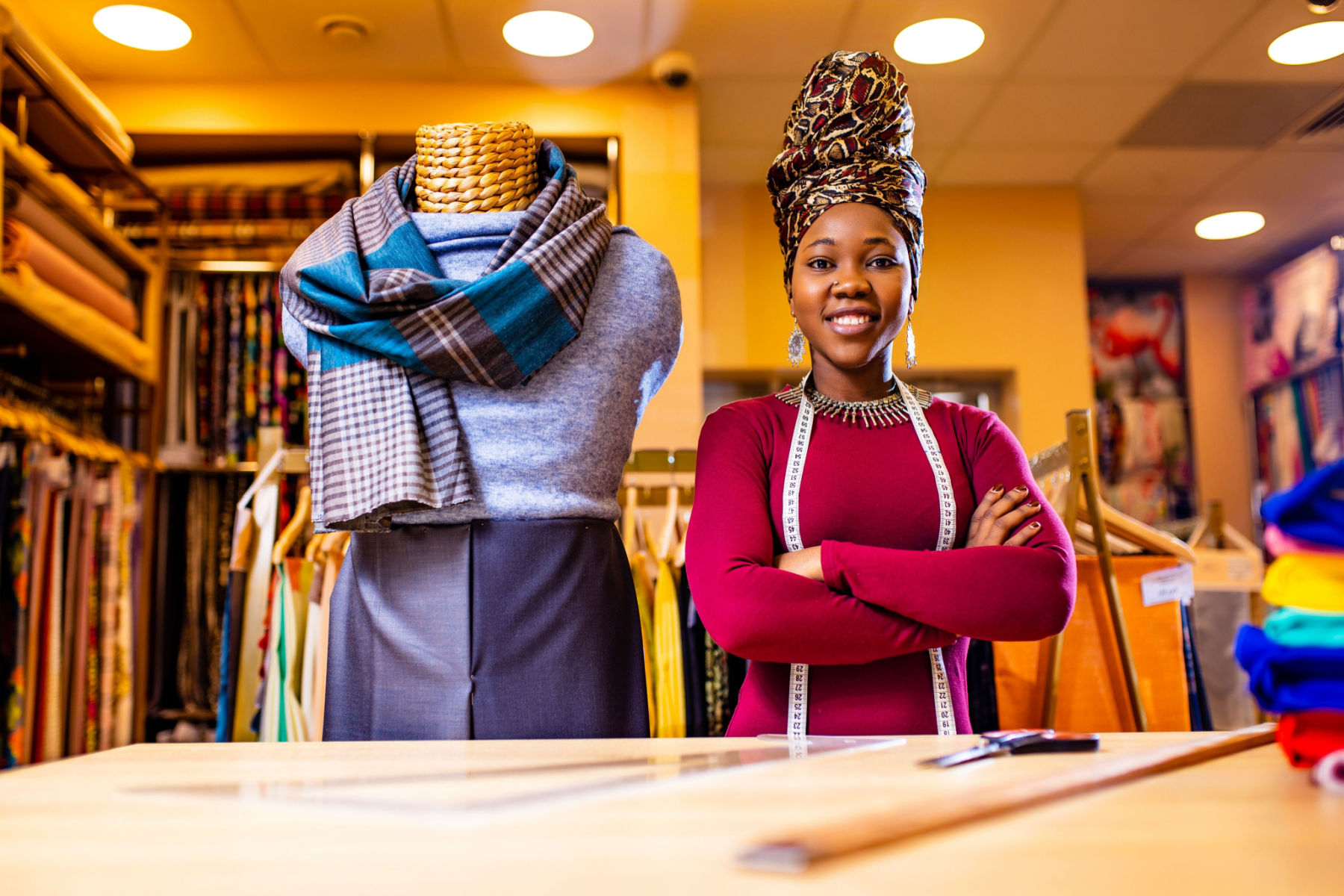ARTICLE: Women’s Rights Held Hostage in Libya by The Geneva Observer
The Geneva Observer spoke to Extremely Together leader Hajer Sharief on the topic of women’s rights in Libya, where the country’s first female foreign minister Najla El-Mangoush is under pressure to leave after only seven weeks into the job. Hajer has been vocal in denouncing her country’s deeply ingrained culture of excluding women from politics, and for SUSTAINED, she analyses the future of SDG 5 in her homeland.
The below is an edited version of an article that appeared in the May 13th edition of SUSTAINED – THE SDGs DECODED from The Geneva Observer.
Women’s Rights Held Hostage in Libya
By Sarah Zeines – The Geneva Observer, May 13, 2021
“Libya is a Far Cry From Gender Equality”
Libya’s female foreign minister is being pressured to quit, just weeks into the job, after calling for Turkish troops and mercenaries to leave the country.
This is just one symptom of a disease that angers Libyan peace activist Hajer Sharief. Despite recent efforts to include women in higher ranks of the political process, the 2021 Nobel Peace Prize nominee condemns her country’s historic failure to address gender inequality.
Lawyer and human rights activist Najla El-Mangoush has only been foreign minister for seven weeks, but she might be on the verge of losing her title. She is one of very few women to occupy a high rank in Libya’s political establishment—and she didn’t get there without a fight. The country’s interim prime minister, Abdelhamid Dbeibah, only appointed her after coming under increasing pressure to respect a promise to give 30% of the nation’s ministerial positions to women. Currently, the Ministries of Justice, Social Affairs, Culture and Women’s Affairs are also led by women, giving them a mere 15% of the government’s powers.
Which prompts the question: where do women fit into Libya’s political space? Hajer Sharief has the answer.
Rewind to the 2011 Libyan Civil War. Hajer experiences her first political education at 19, as a medical student. While volunteering at a hospital in the midst of national chaos, she is overwhelmed with a feeling of injustice as, powerless to help, she witnesses the death of an old man. This tragic moment becomes Hajer Sharief’s epiphany: she switches from med to law school and decides to join the struggle for peaceful political transitions in conflict-ridden countries.
Today, Sharief’s organisation ‘Together We Build It’—now associated with ‘Extremely Together’, a Kofi Annan Foundation initiative—has become a major voice for women and young people pushing for political transformation in her country.
Underrepresentation of women
Having participated in previous negotiations at the highest levels, Hajer Sharief was an avid observer of the UN-led Libyan dialogue last February, in Geneva—discussions which included a total of 17 women amongst 75 representatives and resulted in the appointment of the country’s latest (male) political leaders. The Guardian, amongst other media outlets, emphasised the exceptional nature of the female presence in the delegation. This, however, is a point of view that Sharief does not share: “Women only represented 22% of the delegation, which is clearly not enough to ensure gender equality and fair representation. It is also less than the 30% required by UN policy. Libyan women’s organisations do not perceive this as progressive. The issue of female exclusion from peace processes remains a major problem.”
Sharief argues that the UN needs to respect its own policy, however sensitive the political situation in question. “When it comes to ensuring gender equality and fair representation, the UN should lead by example. If member states are not asked to follow this standard, then the problem will persist. Libyan women’s groups, including Together We Build It, have been calling for at least 30% female representation in all political decision-making processes. As such, we wish that the UN mission to Libya had listened to the demands of Libyan women and set a precedent for Libyan women’s political participation. The negotiations in January could have been a great opportunity to set a high bar for others to follow.
SDG 5 on the Libyan agenda
SDG 5, Gender Equality, has been the driver of Hajer Sharief’s activism from the beginning. On its website, the SDG Knowledge Hub describes Goal 5 as being an “enabler and accelerator for all of the other SDGs”. In other words, were Women’s Rights to be recognised fully across the globe, every goal on the UN’s 2030 agenda would come closer to fulfilment. “SDG 5 is intersectional,” emphasises Sharief. “It is crucial to the implementation of all of the other SDGs. I would argue that it is the most important one of all.”
Though there has been notable political progress in recent years when it comes SDG 5 in Libya, it is not nearly enough in the eyes of its advocates. As we write these lines, Abd Alhamid Aldabaiba, the recently appointed prime minister, faces a major backlash for initially refusing to include women in his cabinet. “I know that some people believe [the] call for gender equality in peace and security [is] a ‘luxury demand’,” says Sharief. “I have personally heard this before when I request that women and young people must be fairly represented and included in political and peace processes. People forget that inclusion is a right. This is why it is essential that even high-level officials, at the UN or elsewhere, must ensure that SDG 5 is being prioritised.”
In a strategy to include women in the political processes, Hajer Sharief has focused her efforts on local and national politics. “We work to support women elected at the municipal level. We support their work, provide them with training or technical expertise, raising their profile. We did the same for the constitutional assembly elections and for the local councils. When there were public elections going on, a major part of my organisation’s work was to advocate our cause to Libyan decision-makers, to make sure that the law governing the elections would include a quota for women. Now that the political process in Libya is driven to a large extent by dialogues convened by the UN and external actors, part of our work is to lobby these actors to ensure that they understand and recognise the role Libyan women have to play in peace-building—and ultimately, to ensure that Libyan women are part of the political and peace processes regardless of where, when and how they take place.”
No democracy yet
Despite the international community’s most recent efforts, the question of democracy in Libya is not even on the table, for now. “Libya has a political system that is not a system. It is an ad hoc process, constructed and driven by events, such as the recent UN-led one. Notably, this is not the first time such a process has taken place, but the second. The last democratic and public elections took place in 2014, and after that nothing happened for six years. This is also why the indicators that are usually used to measure gender issues cannot be applied in Libya: the circumstances are completely different. And they are definitely not democratic.”
Listening to the feeling of dissatisfaction evident in Hajer Sharief’s words, one can’t help but feel pessimistic, and might well ask: is there any hope for women in Libya? To this she responds: “Yes, always. But not because of any recent developments. When it comes to peace and security, it is not about two men shaking hands after years of conflict. Peace-building is a long-term process that must be rooted locally and nationally, regardless of gender and generations.” She concludes: “In my opinion, the key players in such processes must be the Libyan people themselves, and more specifically women and young people.”
The words of the future first woman president of Libya?
Learn more about Hajer Sharief and Extremely Together







